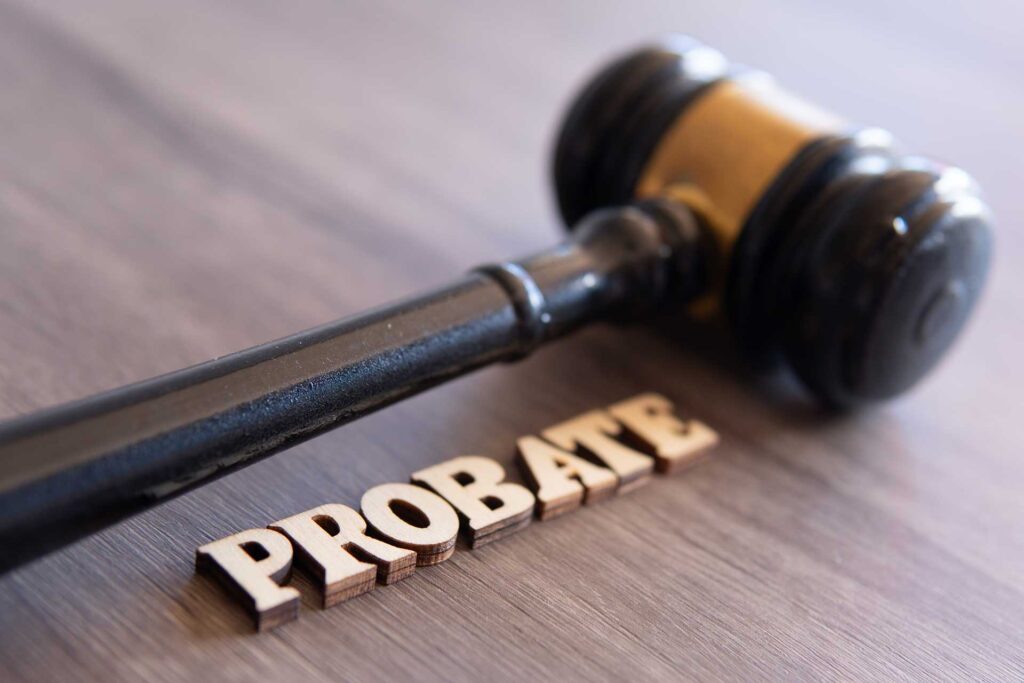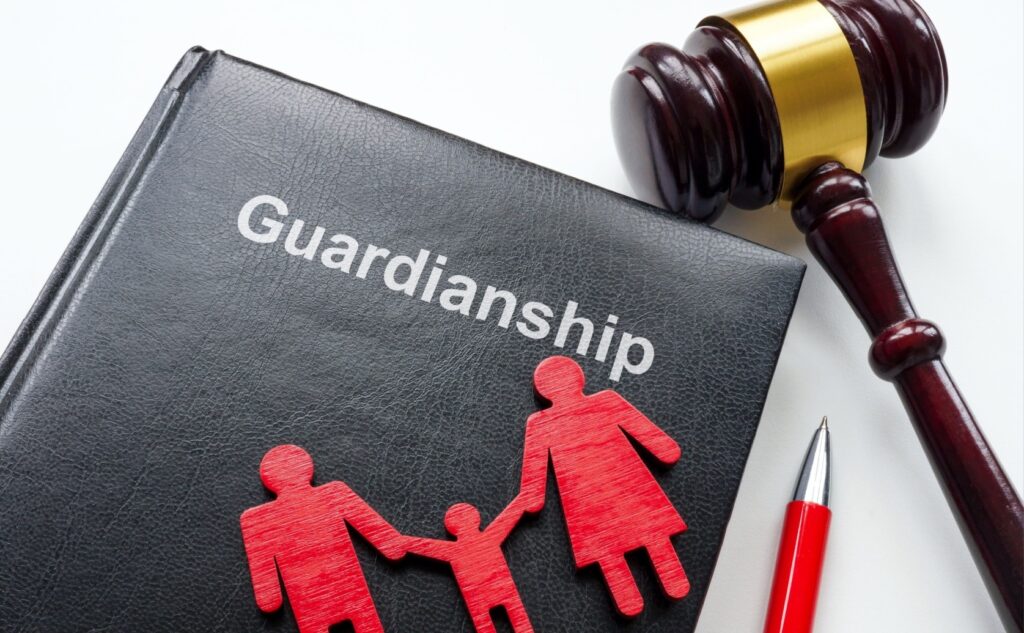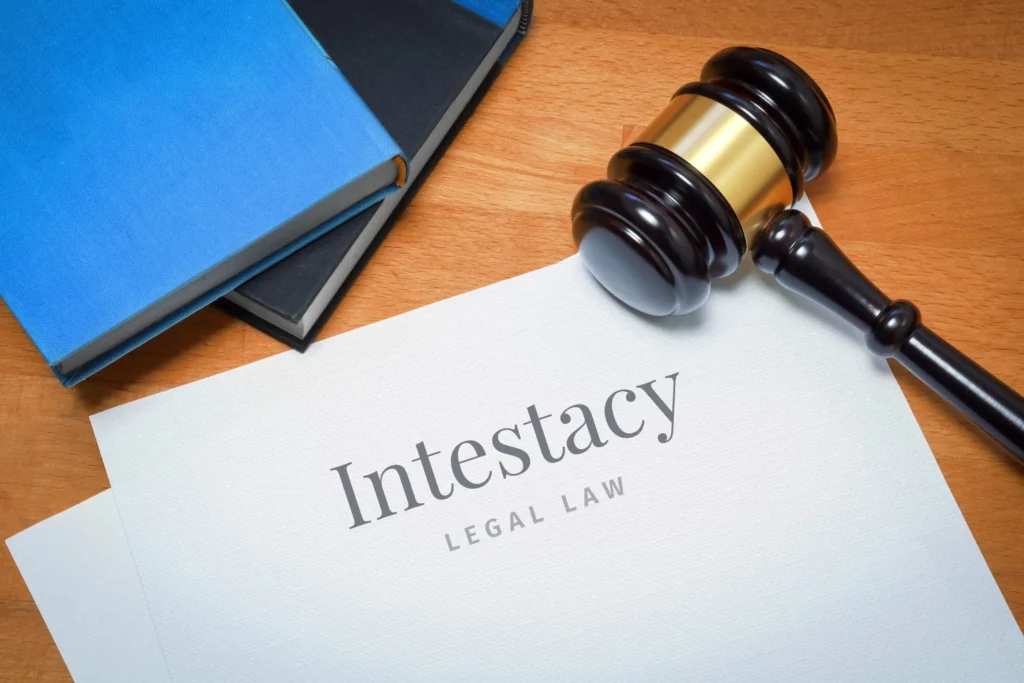Managing rental properties is a task that demands both diligence and expertise. When those properties are part of an estate undergoing probate in Texas, the complexity increases significantly. As an executor or administrator, you manage the decedent’s estate, maintain their rental properties, care for tenants, and meet all legal obligations.
This article delves into the intricacies of managing rental properties during Texas probate, offering a step-by-step guide covering legal considerations, practical challenges, and best practices.
Understanding the Probate Process in Texas
Before tackling the specific issues related to rental properties, it’s essential to grasp the basics of the probate process in Texas. The legal procedure validates a deceased person’s will (or settles the estate according to state law if there’s no will) and distributes their assets to beneficiaries. The process includes:
- Filing the Will and Petitioning for Probate: The executor named in the will must file the will with the probate court in the county where the decedent lived. If there is no will, the court will appoint an administrator.
- Inventorying the Estate: Once the court appoints an executor or administrator, they must create a comprehensive inventory of the deceased’s assets, including rental properties.
- Paying Debts and Taxes: Before any distributions to beneficiaries, the executor must settle the decedent’s debts, including mortgages, property taxes, and other expenses related to the rental properties.
- Distributing the Estate: Once debts and taxes are paid, the executor distributes the remaining assets, including rental properties, directly to the beneficiaries according to the will or state law.
Initial Steps: Assessing the Rental Property
One of the first tasks of an executor or administrator is assessing the estate’s rental properties. This step determines how the probate process will manage these assets.
1. Property Valuation
- Professional Appraisal: To accurately value the rental property, it’s advisable to hire a certified real estate appraiser. This valuation is necessary for the probate inventory and can impact decisions regarding the management or sale of the property.
- Current Market Analysis: If the property is to remain a rental, consider conducting a market analysis to determine fair rental pricing and potential income.

2. Review of Lease Agreements
- Existing Leases: Review all existing lease agreements to understand the terms, obligations, and rights of both the tenants and the landlord (now the estate).
- Rent Collection: Collect rent according to the lease terms. The rental income becomes part of the estate and may be used to pay debts or distributed to beneficiaries.
3. Property Condition
- Inspection: Conduct a thorough inspection of the property to assess its condition. Address necessary repairs or maintenance promptly to preserve the property’s value.
- Maintenance and Upkeep: Determine if you will continue regular maintenance or hire a property management company to handle day-to-day responsibilities.
Legal Considerations in Managing Rental Properties During Probate
Managing rental properties during probate involves navigating various legal considerations. As the executor or administrator, you must ensure that all actions comply with Texas law and the decedent’s wishes.
1. Authority to Manage the Property
- Letters Testamentary or Letters of Administration: Before you take any action, the court must formally recognize you by issuing Letters Testamentary (if there’s a will) or Letters of Administration (if there isn’t a will). This document grants you the legal authority to manage the decedent’s estate, including rental properties.
2. Communication with Tenants
- Notifying Tenants: Once you have legal authority, it’s important to notify tenants of the landlord’s death and your role as the estate’s representative. This communication should include information on where to send rent payments and whom to contact for property-related issues.
- Tenant Rights: Tenants have rights that the probate process must respect. Lease agreements stay valid, and the law protects tenants from eviction without cause. If the property is sold, proper notice must be given to tenants as required by the lease and Texas law.
3. Handling Debts and Liabilities
- Mortgage Payments: If the rental property has a mortgage, ensure that payments are made on time. Failure to do so could lead to foreclosure, which would complicate the probate process.
- Property Taxes and Insurance: Keep property taxes and insurance premiums up to date. Lapsed insurance could leave the estate vulnerable in the event of property damage or liability claims.
4. Compliance with Probate Court
- Court Approval for Major Decisions: Some actions, such as selling the property or making significant financial expenditures, may require court approval. Always consult with the probate attorney before making major decisions to ensure compliance with court rules.
Practical Challenges of Managing Rental Properties During Probate
Managing rental properties during probate is not without its challenges. From dealing with tenants to maintaining the property’s value, you’ll need to navigate several potential pitfalls.
1. Tenant Relations

- Handling Rent Payment Issues: If tenants fall behind on rent, address the issue promptly and legally. Work with a property management company or attorney if necessary to ensure proper handling of late payments or potential evictions.
- Lease Renewals and Terminations: Deciding whether to renew or terminate leases during probate requires careful consideration. If the property will be sold, it might be best to let leases expire. However, if the property will remain part of the estate or pass to beneficiaries, renewing leases might be in the estate’s best interest.
2. Property Maintenance and Repairs
- Routine Maintenance: Ensuring that the property is well-maintained is crucial for preserving its value and keeping tenants satisfied. Regular inspections and prompt attention to repairs are necessary.
- Dealing with Major Repairs: Major repairs or renovations may be required to maintain or enhance the property’s value. Any such expenditures should be carefully documented and, if necessary, approved by the probate court.
3. Financial Management
- Tracking Income and Expenses: Keep detailed records of all income and expenses related to the rental property. This includes rent payments, repair costs, property management fees, and any other expenses incurred during probate.
- Tax Implications: Be aware of the tax implications of managing rental properties during probate. This includes income tax on rental income and capital gains tax if the property is sold. Consulting with a tax professional is advisable to ensure compliance and optimize the estate’s financial situation.
Deciding the Fate of the Rental Property
At some point during probate, a decision must be made about the future of the rental property. The course of action will depend on the decedent’s wishes, the needs of the beneficiaries, and the financial state of the estate.
1. Retaining the Property
- Passing the Property to Beneficiaries: If the will specifies that the rental property is to be passed to specific beneficiaries, you’ll need to transfer ownership accordingly. Ensure that the property is in good condition and that all legal and financial obligations are met before the transfer.
- Continuing as a Rental: The beneficiaries may choose to retain the property as a rental investment. In this case, they’ll need to decide whether to manage the property themselves or hire a property management company.
2. Selling the Property

- Preparing for Sale: If the decision is made to sell the rental property, preparation is key. This includes making necessary repairs, staging the property, and listing it at a competitive price.
- Navigating the Sale Process: The sale of a rental property during probate must be handled with care. Ensure that all legal requirements are met, including obtaining court approval if necessary. The proceeds from the sale will be used to pay debts and distributed to beneficiaries as per the will or Texas law.
Working with Professionals
Given the complexities involved in managing rental properties during Texas probate, it’s often wise to seek professional assistance. The right team can make a significant difference in navigating the process smoothly.
1. Probate Attorney
- Legal Guidance: A probate attorney will provide essential legal guidance throughout the probate process, including advice on managing rental properties, complying with court requirements, and making major decisions.
2. Real Estate Agent
- Market Expertise: If selling the property, a real estate agent with experience in probate sales can be invaluable. They can help with pricing, marketing, and negotiating the sale, ensuring the best possible outcome for the estate.
3. Property Management Company
- Day-to-Day Management: If managing the property yourself seems overwhelming, consider hiring a property management company. They can handle everything from rent collection to maintenance, freeing you to focus on other aspects of the estate.
4. Accountant or Tax Professional
- Financial Oversight: An accountant or tax professional can help manage the financial aspects of the rental property, including tracking income and expenses, preparing tax returns, and advising on tax strategies.
Conclusion: Successfully Managing Rental Properties During Probate
Managing rental properties during Texas probate is a multifaceted task that requires careful planning, legal knowledge, and practical management skills. By understanding your responsibilities, navigating legal challenges, and making informed decisions, you can successfully manage the property and fulfill your duties as an executor or administrator.
Whether the property is retained, sold, or passed to beneficiaries, your efforts will play a critical role in preserving the decedent’s legacy and ensuring a smooth transition during a challenging time.









